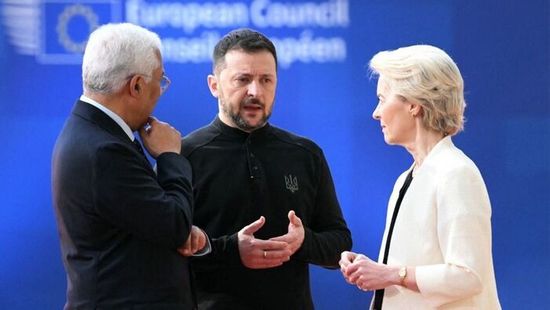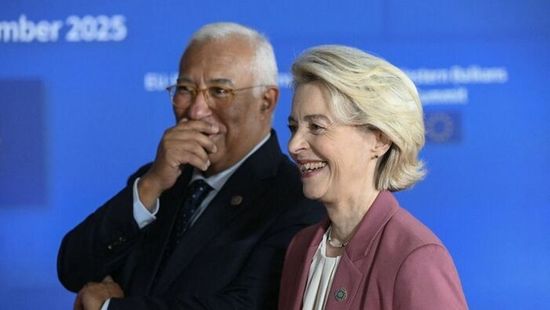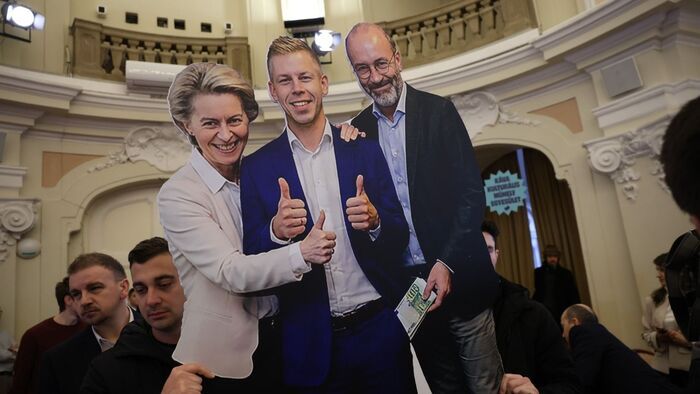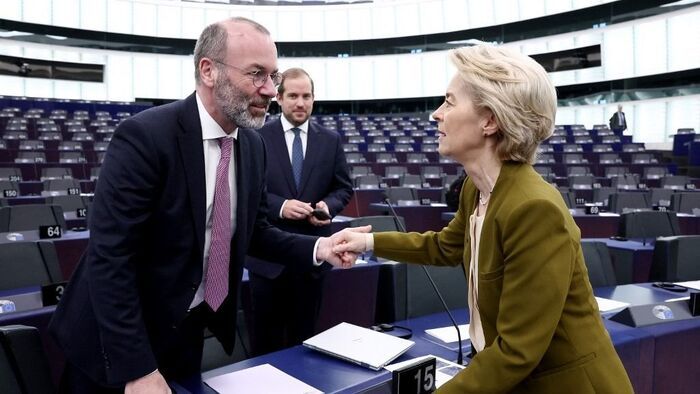Tamas Molnar or Thomas Steven Molnar, a Hungarian-born historian and philosopher who emigrated to the United States, published a notable book in 1990 with the title L'Europe entre parentheses. In his book, he expressed concern the Brussels bureaucracy would grab all the powers and initiatives and would sanction and punish sovereign countries that set up their own models and try to go their own ways. Molnar was worried that Brussels intended to create a uniform, culturally bland and neutral Europe deprived of national interests and national features.
Although these thoughts were put to paper 25 years ago, what we are experiencing right now is exactly what Molnar predicted. At the same time, we might have to set about learning what exactly the term new "democracy" means. It means that if a sovereign, independent – God forbid right-wing – government is in power that follows its own model, then the bureaucrats in Brussels label it autocratic, dictatorial and all the rest.
As Tamas Molnar foresaw 25 years ago, Brussels resorts to sanctions, withdraws funds, and all the hysteria comes. If in this way, they manage to unseat a government that pursues national interests and the new government meets all the requirements set by Brussels, then, strangely enough, the country is immediately regarded democratic and the rule of law is seen as restored. That the rule of law is restored and democracy is booming is indicated by the move that new government in line with Brussels immediately encloses the rule of law, democracy and constitutionality in parentheses.
That's what socialist Pedro Sanchez did in Spain. His party unconstitutionally formed a coalition with the Catalan independence movement – which is a violation of the constitution in Spain – despite the fact that in the election campaign Sanchez repeatedly pledged that he would never do anything like that. As breaking his promise was the only way for him to stay in power, he went back on it – entailing no consequences at all.























Szóljon hozzá!
Jelenleg csak a hozzászólások egy kis részét látja. Hozzászóláshoz és a további kommentek megtekintéséhez lépjen be, vagy regisztráljon!